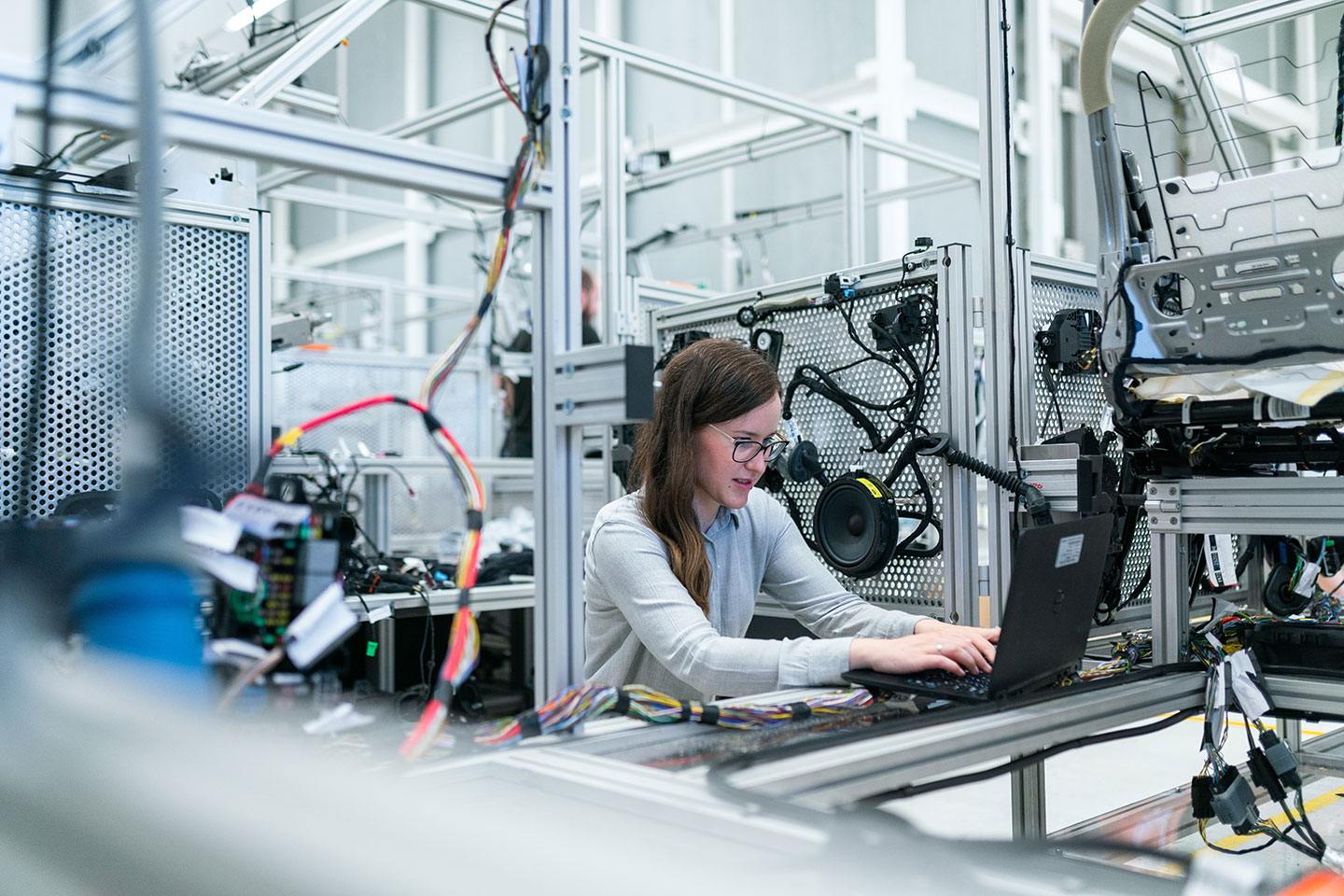Continuous learning is about the constant expansion of our skills and skill sets through learning and increasing our knowledge base. As industries change the need to adapt both professionally and personally is as real as the changes themselves.
Construction on a global scale is evolving at an exceptional pace, particularly as technologies and software advances year-on-year, and the need to understand new digital construction processes cannot be ignored.
Construction is an extremely diverse industry, it is one of the largest sectors in the UK economy, accounting for more than £110 billion per annum and contributing 7% to GDP. However, for such a large industry which has vital importance to the national economy, there are major gaps in the level of skills and capabilities within our workforce.
The construction industry alone accounts for approximately 3 million jobs, the equivalent to almost 10% of total employment in the UK, and with the continual development and introduction of new technologies there is an immediate need to educate and train industry professionals on the use and benefits of new working practices and modern methods of construction.
At Convergence we huge advocate of technologies and firmly believe advanced technologies are the future of digital construction which is why it’s essential to up-skill our workforce, not just today, but on a continual cycle to ensure we keep up with the rate of changing technology.
Digital Construction isn’t just one thing, it is a multitude of components fused together to form a greater part to allow the construction industry to inform, collaborate and innovate. The industry in the UK – and across the globe – has the people, technology and resources to solve any construction problem or challenge.
Digital Constriction is a catalyst for global change, by help us to leverage rapidly accelerating technologies—including artificial intelligence, machine learning, robotics etc – in innovative ways to unlock solutions that can positively impact upon construction projects today and tomorrow.
That’s why it is important to educate the benefits of digital working practices from a young age. We need to not only tap into their curiosity but actively encourage creativity and innovation, then provide a platform to express this.
By introducing working methods and practices to our young generations now will future-proof construction for the next set of innovators and forward-thinkers to create even further progressive technologies.
What new technologies should we be learning about?
Through the introduction and implementation of BIM, our industry has greater collaborative design and asset management across the supply chain. However, the current shortage of industry professionals trained in BIM remains a barrier to industry-wide adoption of collaborative working. These skills shortages not only relate to the BIM technologies supporting design and construction but also to the clear understanding of what is required upfront.
To truly embrace BIM requires not only the learning of new technologies and digital processes, but also the learning of a new way of working. This means moving from a culture of siloed working to one of integration and the sharing of information to aid project delivery. This is why collaborative working is key to the success of a BIM enabled project.
Construction projects are typically high-cost, high-risk and often long-term activities, therefore we should be investing in our people and their skills to match the importance of the project. These skills and an understanding of the sector are crucial for the successful growth of our industry.
Looking to the future
At Convergence we are at the forefront of the understanding and interpretation of technological change, and it’s our mission to share and impart this knowledge and understanding to improve intelligence on projects globally. As a primary source for digital construction education, we can see future successes lying with cross-industry collaboration to greater enhance the maturity of a global digital economy.
In essence, if we don’t address the BIM skills gaps today and put in regulated measures for the practise of BIM, over the next decade the lack of expertise will become critical, and our industry will fall behind other advancing global industries.


